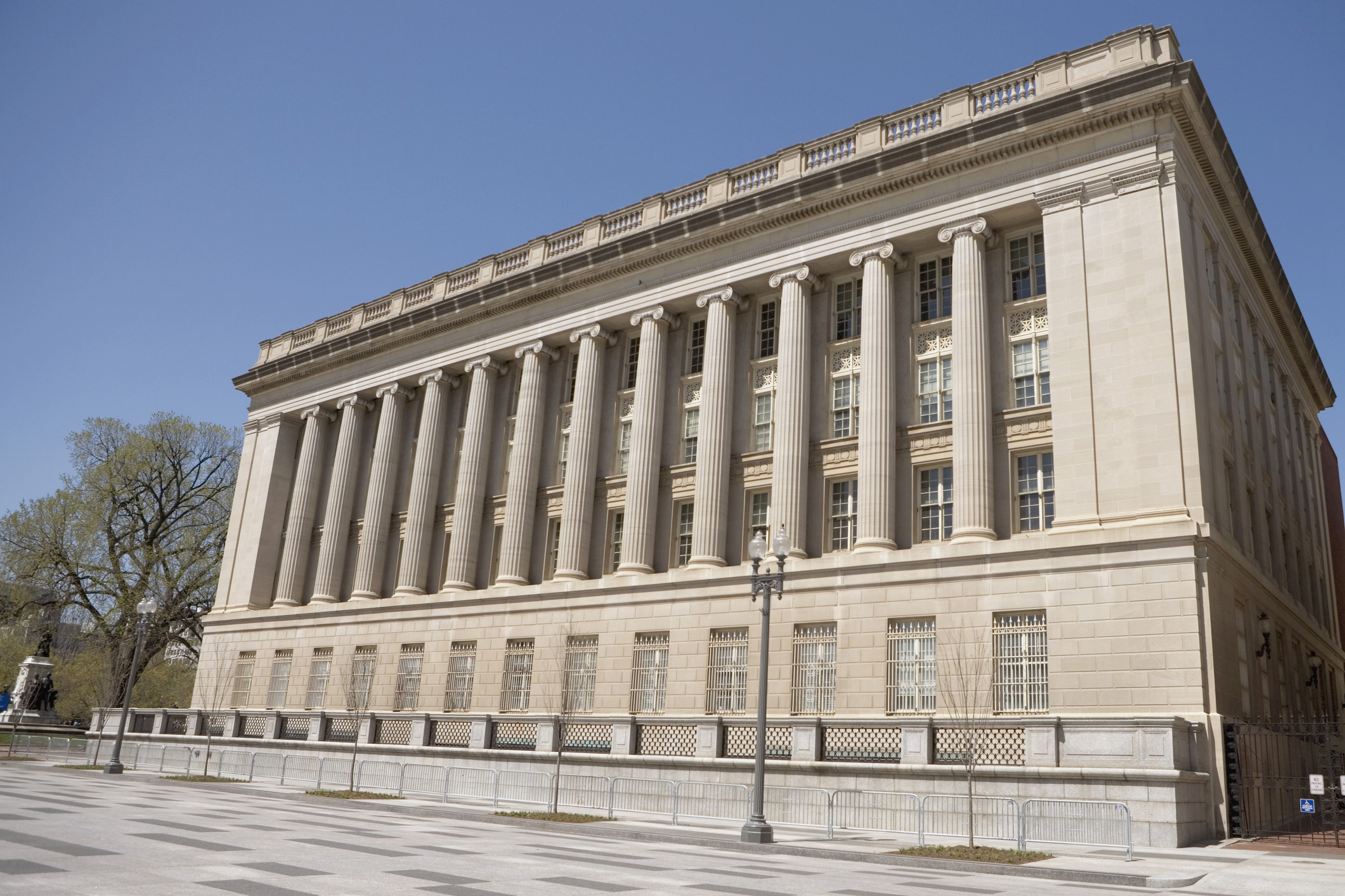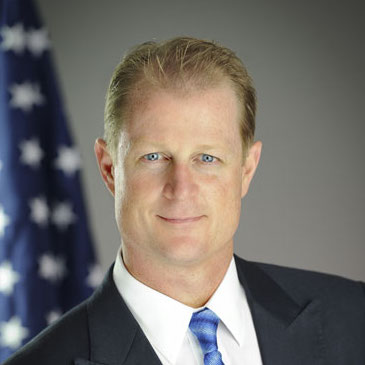
Recent momentum in favor of regulatory reform is a positive development, and long overdue.
Recently, this publication was gracious enough to publish a two-part essay I wrote on the issue of regulatory reform from the perspective of a Commissioner at the U.S. Consumer Product Safety Commission (CPSC). My ever-attentive, ever-thoughtful colleague, Commissioner Robert S. Adler, was inspired to pen a retort, and, in the spirit of the stimulating intellectual exchange we regularly enjoy, I would like to offer a reply.
In my original essay, I encouraged the use of four regulatory best practices that, among others, could improve the regulatory work product from CPSC and agencies across the federal government. These included:
- Requiring honesty from agencies in their regulatory agendas, so that those who are not Washington insiders are not forced to comb through obscure agency documents to know how their tax dollars are being spent.
- Leveraging the horizontal view and immense experience of the Office of Information and Regulatory Affairs to ensure that we do not duplicate the work of other agencies, or risk having rules thrown out in court due to procedural missteps.
- Holding agencies to account when they fail to provide robust public participation in rulemaking, including a requirement for peer review of scientific studies and modelling.
- Requiring agencies to conduct both ex-ante and ex-post review of old rules in order to eliminate those that are outdated, ineffective, or are burdening the economy without commensurate benefits.
The central thrust of Commissioner Adler’s response is that the analytical tools I endorsed, despite having been advocated by presidents, both Democratic and Republican, as far back as President Jimmy Carter and reflected in some—though not enough—agency statutes, somehow constitute “paralysis by analysis.” That is, these tools inconvenience regulators who would much rather govern by whim and impulse than by facts, science, data, and a recognition that Washington elitists do not, in fact, always know what is best.
My colleague apparently did not hear President Bill Clinton more than 20 years ago when he proclaimed that the era (error?) of big government was over. Many unelected, unaccountable bureaucrats fail to recognize that Americans have grown weary of hearing that more regulation is the answer to all that ails us. Even some of the most ardent consumerists recognize that “regulation” has effectively become a pejorative term in Washington. In a recent hearing, Senator Richard Blumenthal (D-Conn.) couldn’t even bring himself to say it, admitting—perhaps in a Freudian slip—that “nobody likes the word regulation these days.” For over a decade, Gallup polling has consistently found that Americans believe regulations are placing too great a burden on our economy. This sentiment resulted late last year in the largest electoral upheaval the country has seen in generations—a fact that my colleague does not appear to have yet come to grips with.
In the absence of some badly needed regulatory reforms, the administrative state has run amok, with the total annual cost of regulation now nearly two trillion dollars. That is 11 percent of total Gross Domestic Product. If U.S. regulation were a country, it would have the world’s ninth largest economy, right between Russia and India. This has real consequences for our country: the World Economic Forum currently ranks the United States 51st in the world for the compliance burden imposed by regulation, sandwiching us between Bhutan and Guatemala.
When both American citizens and global indices have awoken to the realization that regulation in our country is out of control, it is worth asking: why hasn’t the bureaucratic establishment? They want agencies to be able to continue doing what they have always done, no matter how great a competitive disadvantage our country is placed at or how many good government reforms have been put forward. Professor Adler, accustomed to the luxury of tenure, no doubt instinctively seeks to protect agencies from the inconvenience of change.
Fortunately, a change is coming regardless of whether he chooses to accept it. The last few months have seen progress from both the White House and Congress in holding agencies accountable for overly burdensome regulation.
An executive order from President Donald Trump directed agencies to repeal two existing regulations for every new one promulgated. Such “pay-go” schemes have worked remarkably well in Canada and the United Kingdom, the latter of which has now expanded to a one-in, three-out requirement. Another executive order requires each agency to designate individuals and task forces with the responsibility of ensuring their agency is following the President’s regulatory reform mandates. While these executive orders do not apply to independent agencies, CPSC is fortunate to have a new acting chairman inclined to voluntarily comply with the spirit of them.
Congressional momentum is similarly moving toward regulatory reform, with numerous examples of good government legislation proceeding quickly through both chambers. I hope CPSC engages proactively, looking for any opportunity to improve its own regulatory product. If, instead, we dig our heels in and insist that a 1970s approach to product safety regulation makes sense in the 21st century, I predict we will have more drastic measures imposed upon us. There is no doubt that change is inevitable—the only question is whether or not we will forfeit our opportunity to be in control of at least some of that change. The longer we play the victim, the more likely we will become one.
This essay is part of a five-part series, entitled Two CPSC Commissioners Debate Regulatory Reform.




